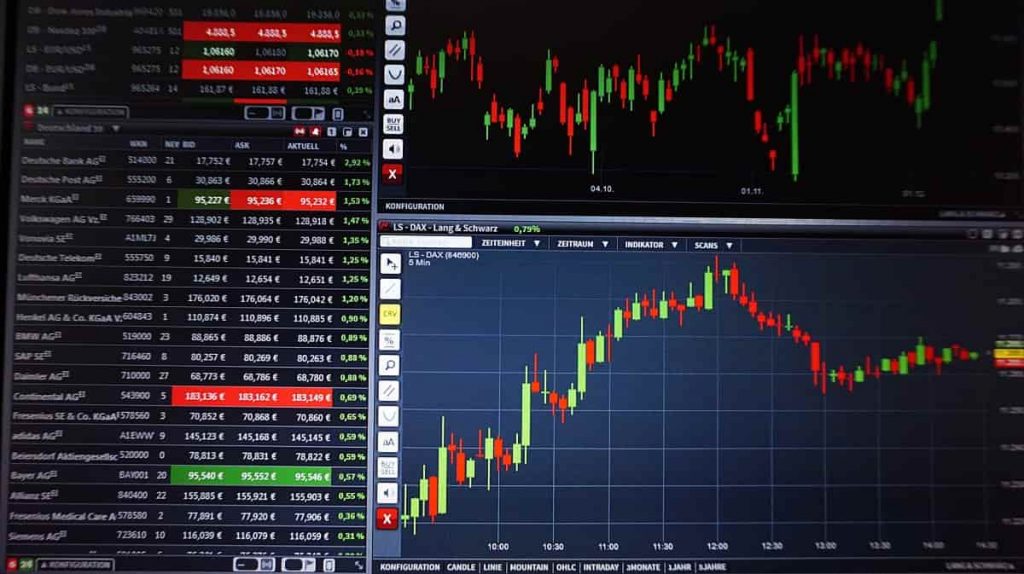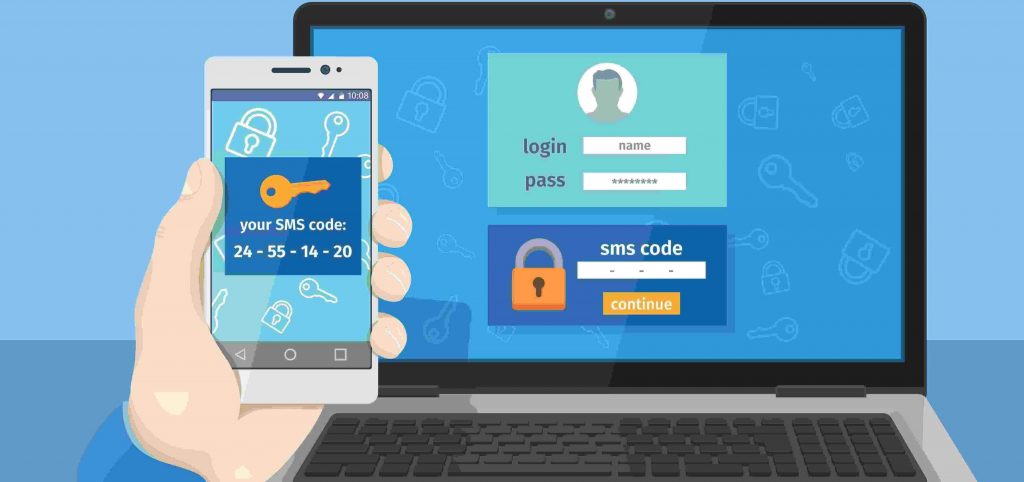Have you recently started to trade on the Forex market? If so, you are probably busy trying to learn the best strategies and tips to make the most money in the least amount of time. Besides learning strategies, learn things you can do to keep your money safe from cybercriminals. The more you understand about cybersecurity and FX trading, the safer your trading will be.
It All Begins with Your Broker
Although Forex trading is done digitally, you will rely heavily on your broker. Depending on where you live, your country will have laws that regulate brokers and the qualifications they need to meet. Many of these regulations include wording on cybersecurity, privacy, and data security. The first step in making sure that you are not being scammed is to find a licensed Forex broker.
Once you know that your broker is licensed, you want to learn about their reputation. Are they trustworthy? Are they new to the business? What do other traders say about them? Once you have all that information under control, look at the fees and commissions they charge to understand what you are getting into.
Is It Safe to Use Public Wi-Fi Connections When Trading on Forex?
When you use an unsecured public Wi-Fi connection, you are putting your personal data at risk for any bad actors out there. When you connect to a wireless network, your device may start to activate multiple applications and run them in the background. These applications might check for new messages, updates, etc.
The information that they send is likely not encrypted and could include personal information that thieves can use. It might include your email address, usernames, and other information that could damage you. If you are engaged in Forex trading, your account information, banking information, and other personal information could fall into the wrong hands. It’s best for you to stay on a private network.
The Benefits of Using a Forex Robot
Machine learning and artificial intelligence are being used to take a lot of the guessing out of Forex trading. With machine learning, specialized algorithms predict the future price of the currency.
Using a Forex robot can prevent people from getting access to the data on your PC because the algorithms will do the trades for you without needing you to input anything. Hackers cannot access your account because it’s not open on your computer. You will need to program the trading bot to make the right trades for you at the right time. But that’s a topic for a different discussion.
Create a Stronger Password
What makes a good password? It needs to be unique enough to thwart brute force attacks, but it also needs to be something that you can remember. When creating a password for your Forex account, remember that your password is like a gate to your financial kingdom. Cybercriminals are like a band of marauders looking to raid you of your wealth.
What makes a good password? First, avoid obvious passwords. This means avoiding sequential numbers and letters. Don’t use common passwords, like the word “password.” Also, avoid using personal information in your passwords, such as your date of birth, your anniversary, or your name. If someone is trying to attack you personally, they will use all the information they have about you to guess your password.
A good password is long. If possible, it should be over 15 characters. You want your password to use a mix of characters. This includes uppercase, lowercase, numbers, and symbols. You should avoid common substitutions. For example, DOORBELL should not be substituted for D00R8377. A brute force attack easily cracks these. Also, don’t use memorable keyboard paths like QWERT or ASD123.
Another option is to create a sentence that’s memorable to you but means nothing to others. For example, my dog needs a haircut. “MyDgNEdsaHirCt” might be a good password. It appears to be gobbledygook, making it difficult to guess. However, for you, it is something that has meaning.
Two Factor Authentication
Two-factor authentication, commonly referred to as multiple-factor authentication, provides an additional security level when you log into your Forex account. The first level is the username and password needed to log into the account. The additional step of authenticating makes it harder for a cybercriminal to steal your identity.
Two-factor authentication could include something you know plus something you have, something you know plus some part of your body, or something you have plus something you are. For example, something you have could be your mobile phone and something you are could be your fingerprint. Or something you know could be a password and something you have could be your mobile phone.
Two-factor authentication is important because statistics show that upward of 90 percent of passwords can be cracked within six hours. Two-thirds of people use the same password for multiple accounts. Sophisticated cybercriminals have tools that allow them to test billions of passwords per second. Two-factor authentication means that even if an attacker guesses your username and password, if they don’t have physical access to your mobile phone or if they don’t have physical access to you, they still cannot break into your accounts.
Do Not Trade Using Public Access Computers
If using public Wi-Fi is a no go, using public access computers that are used by other people is even worse. No one monitors these computers, which makes the chances of them getting hacked higher. If you forget to log out before you leave, someone else can gain access to your Forex account. Because you are in a public place, people could easily look over your shoulder, remember your username and password, and then gain access to your Forex account.
While the above-mentioned techniques may minimize your chances of being a victim of a cyberattack while trading on Forex, it’s good to remember that determined hackers can still find a way into your account. Never open questionable emails or click on questionable links. If you do, spyware and viruses could be installed on your computer and negatively affect your trading efforts.
Trading on Forex can be profitable and enjoyable. However, you need to protect yourself and do things with cybersecurity in mind.
Did you enjoy reading this article? Do like our page on Facebook and follow us on Twitter.



